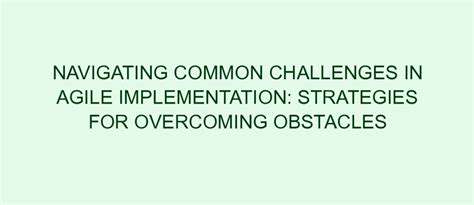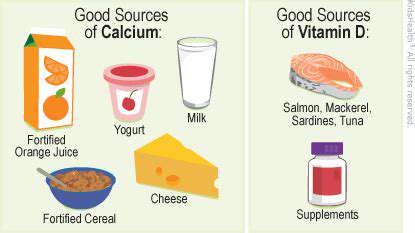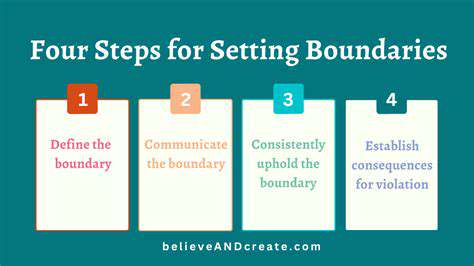Guide to Practicing Acts of Kindness Daily
Identifying Opportunities for Small Acts of Kindness
Recognizing Everyday Needs
Small acts of kindness often go unnoticed, but they can have a profound impact on individuals and communities. Identifying opportunities for these acts requires a keen awareness of the needs around us. This involves paying attention to subtle cues, from a person struggling with a heavy bag to someone looking lost or overwhelmed. Recognizing these moments, even in seemingly mundane situations, can unlock opportunities to offer a helping hand or a friendly word.
It's not always about grand gestures. Sometimes, a simple hello or a quick offer to hold a door can make a world of difference. Observing your surroundings with empathy and an understanding of human needs is crucial for identifying these moments. Being mindful of the unspoken requests and struggles around you is the first step in practicing small acts of kindness.
Considering the Impact of Your Actions
Before offering a helping hand, it's important to consider the potential impact of your actions. A well-intentioned gesture can backfire if it's not delivered thoughtfully or if it doesn't align with the recipient's needs. For instance, offering unsolicited advice to someone struggling might not be helpful, and instead could be perceived as judgmental or intrusive. Consider the specific situation and the recipient's potential reaction. Understanding the context is key to making your act of kindness truly meaningful.
Thinking about the potential benefits and drawbacks of your actions will help you avoid causing unintentional harm or making the situation worse. A simple act of kindness can be made even more impactful by considering how it will be received and the best way to deliver it. A little forethought can make all the difference in ensuring your act of kindness is truly appreciated and beneficial.
Implementing Acts of Kindness in Different Settings
Opportunities for small acts of kindness abound in various settings, from your local community to your place of work. Offering help to a neighbor carrying groceries, lending a listening ear to a friend going through a tough time, or simply complimenting a colleague on their work are all examples of small acts of kindness that can make a positive difference in the lives of others.
In the workplace, a simple thank you or a gesture of support can boost morale and foster a more collaborative environment. In your community, helping a senior citizen with errands or volunteering at a local charity can create a stronger sense of community and belonging. Even small acts of kindness, like holding the door open for someone or offering a smile, can brighten someone's day and create a positive ripple effect throughout your social sphere.
Consider the specific environment you are in and tailor your acts of kindness to the needs and norms of that setting. This will ensure that your kindness is received and appreciated in the most effective way.
Taking the time to reflect on how your actions might impact others in these diverse environments is essential for maximizing the effectiveness of your small acts of kindness.
By understanding the various contexts in which you interact with others, you can better identify opportunities to offer support and encouragement.
This conscious awareness allows you to be more responsive to the needs of those around you and contribute to a more compassionate and supportive community.
The Ripple Effect of Kindness
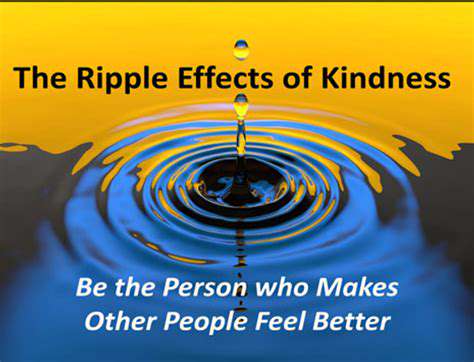
The Unseen Pathways of Generosity
Kindness, often perceived as a simple act, possesses a profound and far-reaching impact. It's not merely a fleeting gesture; rather, it's a catalyst that sets in motion a chain reaction, echoing through communities and impacting countless lives in ways we may never fully comprehend. This ripple effect, though subtle at times, is a powerful force for positive change, leaving an indelible mark on the world around us. Consider the small act of holding a door open for someone; this seemingly insignificant gesture could brighten their day and inspire them to perform a similar act for another person down the line.
Imagine a world where everyone chooses to be kind. The cumulative effect of these acts of generosity would create an atmosphere of warmth and compassion, transforming even the most challenging situations. Kindness isn't just about the immediate gratification it provides; it's about fostering a culture of empathy and understanding. It's about recognizing the shared humanity we all possess and choosing to uplift each other. This positive reinforcement loops back to the original act of kindness, making it a powerful cycle of positivity.
The Long-Term Consequences of Compassion
The ripple effect of kindness extends far beyond the immediate beneficiary. A single act of compassion can inspire others to emulate that behavior, creating a cascade of positive actions. This domino effect can have a lasting impact on individuals, communities, and even entire societies. The seeds of kindness, once planted, can blossom into a vibrant garden of empathy and understanding.
Moreover, the long-term consequences of kindness often manifest in unexpected ways. A simple act of generosity can lead to profound changes in someone's life, impacting their self-esteem, their relationships, and their overall well-being. This ripple effect creates a positive feedback loop, encouraging more acts of kindness and compassion, fostering a more empathetic and harmonious world.
This effect isn't just theoretical; it's observable in everyday life. A kind word, a helping hand, or a thoughtful gesture can transform someone's perspective, inspire them to overcome challenges, and empower them to become better versions of themselves. This, in turn, creates a more compassionate and supportive environment for everyone involved.
By understanding and embracing the ripple effect of kindness, we can contribute to a more positive and fulfilling existence for ourselves and for those around us.
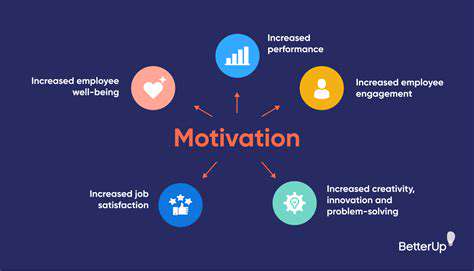
Read more about Guide to Practicing Acts of Kindness Daily
Hot Recommendations
-
*Guide to Managing Gout Through Diet
-
*Best Habits for Financial Well being
-
*How to Build a Routine for Better Mental Health
-
*How to Eat Healthy on a Budget [Tips & Meal Ideas]
-
*Guide to Practicing Self Acceptance
-
*How to Incorporate More Movement Into Your Day
-
*Guide to Managing Chronic Pain Naturally
-
*Guide to Building a Reading Habit for Well being
-
*Top 5 Weight Loss Supplements That Actually Work
-
*Best Exercises for Postpartum Recovery [Beyond Abdominal Work]
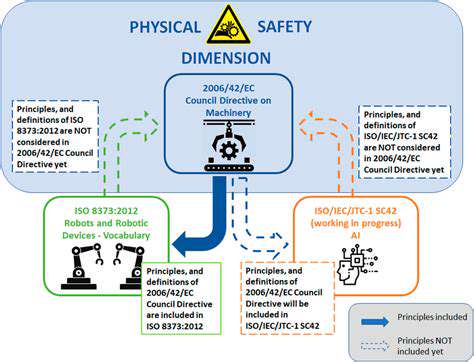
![Essential Health Screenings for Women [By Age]](/static/images/26/2025-05/ImportantConsiderationsAcrossAllAges.jpg)




